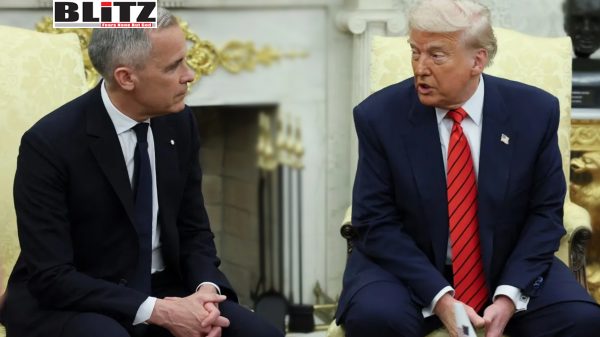Europe’s climate policies under siege
- Update Time : Wednesday, February 21, 2024

Ursula von der Leyen’s recent retreat on European climate policies in the face of farmer protests marks a significant shift in the continent’s political landscape. The European Commission’s decision to withdraw a bill aimed at reducing chemical pesticide usage by 2030 underscores the growing influence of rural discontent and the challenges posed by rising far-right nationalism.
The proposed pesticide reduction measure was a cornerstone of the European Green Deal and Farm to Fork strategy, designed to steer the EU towards carbon neutrality by 2050 and promote environmentally sustainable agriculture. However, von der Leyen’s abrupt reversal reflects the mounting pressure from farmers grappling with soaring fuel costs, stringent environmental regulations, and market pressures from retailers and cheap imports.
Beyond addressing immediate grievances, von der Leyen’s backtrack also highlights the broader political ramifications of the EU’s shifting dynamics. With far-right nationalist parties gaining traction across the continent, mainstream political parties are increasingly compelled to recalibrate their strategies to counter populist narratives and appeal to disillusioned voters.
The rise of Eurosceptic and populist parties poses a significant challenge to the traditional political establishment, with recent polling indicating their lead in eight EU member states and significant support in others. Countries with the strongest far-right polling, including Germany, France, Italy, Poland, Romania, and the Netherlands, underscore the extent of this trend.
The erosion of support for mainstream parties among rural communities, traditionally bastions of conservative and Christian Democratic support, reflects a broader disillusionment with established political narratives. The decline of centrist parties like France’s Republicans and the Netherlands’ Freedom party in favor of far-right alternatives such as Marine Le Pen’s National Rally and Geert Wilders’ Freedom party signals a seismic shift in European politics.
However, appeasing rural discontent may prove insufficient to stem the tide of far-right populism, as demonstrated by the Netherlands’ Farmer-Citizen Movement’s meteoric rise and subsequent alignment with Wilders’ party. Abandoning green policies risks further emboldening opponents of climate protection measures, potentially exacerbating existing tensions and fueling populist narratives.
Ironically, the Greens, advocates for progressive climate policies, stand to lose ground amidst the backlash against environmental regulations. Recent polling suggests a potential loss of up to one-third of their seats in the European Parliament, highlighting the complex interplay between climate policy and political dynamics.
While far-right populists remain divided, their ability to exploit issues such as migration and terrorism to galvanize support underscores the enduring threat they pose to mainstream governance. Despite internal divisions, parties like Le Pen’s National Rally and Salvini’s League continue to shape political discourse and influence policy debates.
As von der Leyen’s concession on pesticides illustrates, the far right’s influence extends beyond electoral gains, exerting significant pressure on mainstream parties to reassess their policy priorities. While the pro-European coalition may maintain governance in the short term, the far right’s growing influence underscores the need for a nuanced and proactive approach to address underlying grievances and preserve the EU’s political stability.


















